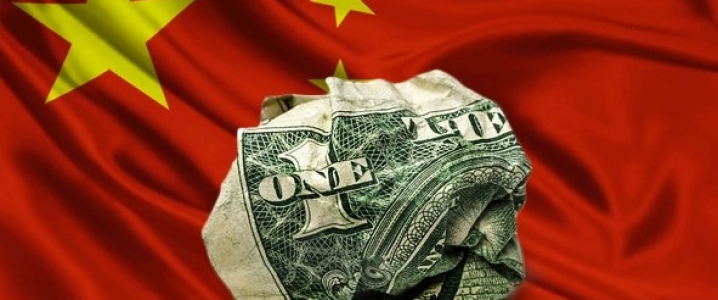
River to Sea
 Uprooted Palestinian
Uprooted Palestinian Uprooted Palestinians are at the heart of the conflict in the M.E Palestinians uprooted by force of arms. Yet faced immense difficulties have survived, kept alive their history and culture, passed keys of family homes in occupied Palestine from one generation to the next.

 Uprooted Palestinian
Uprooted Palestinian A Must see: What if Hezbollah Was Defeated?
Sayyed Nasrallah: All Options Open in Case of Israeli Attack
Sayyed Nasrallah: “March 14” Bets Are Falling, Syria to Pass Conspiracy
The enemy is this American Administration and its “tool” not “ally”in the region, Israel, Sayyed
‘Resistance Stronger than Ever… Lebanon Will Protect Oil Wealth’
Resistance Might Have to Occupy Galilee- Netanyaho; You can't !"Opposition Will Not Name Hariri; New Stage Has Begun
Day When you Could Threaten Us Are Over
‘Any Hand Seeking to Detain Any of Our Mujahideen Will Be Cut’
Iran's Project is the Palestinian's, Lebanon's and Arab's Project
Mideast Peace Talks Are "Born-Dead"
Our Freedom, Sovereignty Depend On Our Elements of Power
Videos: Hariri Assasination Evidence Expose
Israel behind Hariri's Assassination
Israeli Hand That Attacks Army Will Be Cut Off
Lebanon Pushed into Sensitive Stage from STL Gate - video
Nasrallah on The Resistances Wounded Day -Video Unite, Back Turkey, Take Part in Freedom Flotilla 2 -Video
Nasralla: In Next War, Only Fleeing Israelis Will Be Safe.
We’ll hit back and we are capable of it,
And More
No comments:
Post a Comment